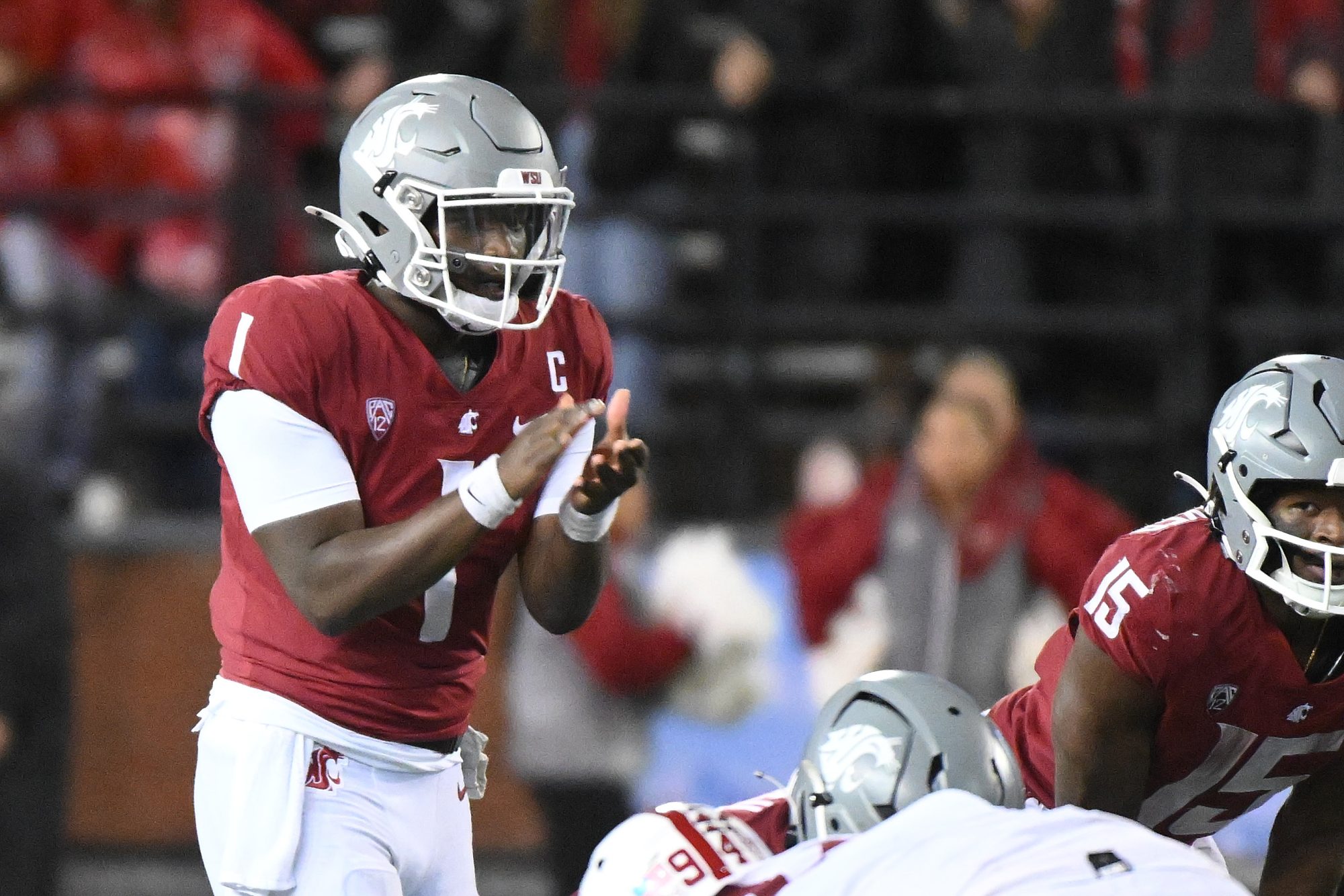Washington State and Oregon State, the only remaining Pac-12 schools after the massive exodus this summer, have gained control of the conference — for now.
The two schools filed a lawsuit against the Pac-12 in September to get clarity over whether departing schools could still have a vote on the conference’s board. A judge then granted a temporary restraining order prohibiting board meetings about the future of the conference.
But in a hearing on Tuesday in a full courtroom and in front of hundreds on Zoom, a local judge ruled that, based on the Pac-12’s bylaws, WSU and OSU will be the sole board members going forward.
The ruling means the two schools would have complete control over the conference’s assets, liabilities, and intellectual property — and more freedom to influence their own fate as they consider their next conference realignment moves.
However, Washington (the one school defendant) will appeal to state Supreme Court, the school said. The judge in the case noted that the ruling only stands until the appeal is filed, and agreed to grant a stay in the decision until the end of the week.
In a statement to reporters, the 10 departing schools said they were “disappointed” in the ruling, and reiterated that they deserve the right to revenues for the 2023-24 season before the leave the conference.
“WSU and OSU did not create the circumstances that leave the Pac-12 in dire need of a new path,” lawyers wrote in their most recent brief. “The departing schools did that by accepting more lucrative offers from other conferences. As the sole remaining Board members, WSU and OSU must be allowed to govern the Pac-12 in accordance with its long-term interests.”
Not including the Pac-12 Networks, the conference had $43 million in net total assets last year, and brought in $581 million in revenue, according to court documents. The networks themselves raked in $117 million in revenue, and had $77 million in operating expenses. The schools could, however, assume certain liabilities like lawsuits against the conference or the financial dispute with Comcast.
As a result, they could attempt to rebuild the existing Pac-12, conduct a reverse merger with the Mountain West, or disband the conference altogether — taking conference dollars with them. (Front Office Sports has previously reported that the Mountain West is looking at a reverse merger, which could include renaming it with the Pac-12’s assets.)
The hearing itself centered around the main dispute in the case: whether the departing schools notified the conference they intended to leave, and whether the Pac-12 automatically kicks them off the board.
Once a school notifies the conference it intends to leave, the school immediately forfeits its spot on the board and ability to make decisions for the conference — which all 10 departing members have done, according to WSU and OSU’s lawyers. The lawyers noted the conflict of interest that departing schools would have making decisions for a conference they’re about to leave.
“If the Pac-12’s going to have a future, it’s got to start acting now,” OSU and WSU’s lawyer said, emphasizing the need for a preliminary injunction.
Lawyers for WSU and OSU also produced evidence suggesting that the conference has previously operated under these same rules. When USC and UCLA announced their intention to leave the conference, the Pac-12 immediately disinvited them to all board meetings. Despite protests from the schools, the conference continued to exclude them.
The 10 departing schools — led by Washington, which added itself as a defendant — claimed the court should give them power because OSU and WSU want control of the conference right now, not just its future. The lawyer described the proposed board of two as not “fair,” and accused WSU and OSU of trying to hoard all the wealth for themselves to the detriment of the 10 departing schools.
The Pac-12 claimed it was neutral, but argued that it is not practical for WSU and OSU to claim the millions of Pac-12 assets. The conference wants the court to leave things as they were after the hearing for the temporary restraining order: that the board can meet if all members agree on immediate matters for this season. Lawyers said they were concerned about the “chaos” and “uncertainty” the conference would experience if OSU and WSU took over.
When asked if the Pac-12 itself wants to continue to exist, the conference’s lawyer himself said: “Frankly, that is up to Oregon State and Washington State at this point.”


![[Subscription Customers Only] Jun 15, 2025; Seattle, Washington, USA; Botafogo owner John Textor inside the stadium before the match during a group stage match of the 2025 FIFA Club World Cup at Lumen Field.](https://frontofficesports.com/wp-content/uploads/2026/02/USATSI_26465842_168416386_lowres-scaled.jpg?quality=100&w=1024)


![[Subscription Customers Only] Jul 13, 2025; East Rutherford, New Jersey, USA; Chelsea FC midfielder Cole Palmer (10) celebrates winning the final of the 2025 FIFA Club World Cup at MetLife Stadium](https://frontofficesports.com/wp-content/uploads/2026/02/USATSI_26636703-scaled-e1770932227605.jpg?quality=100&w=1024)











